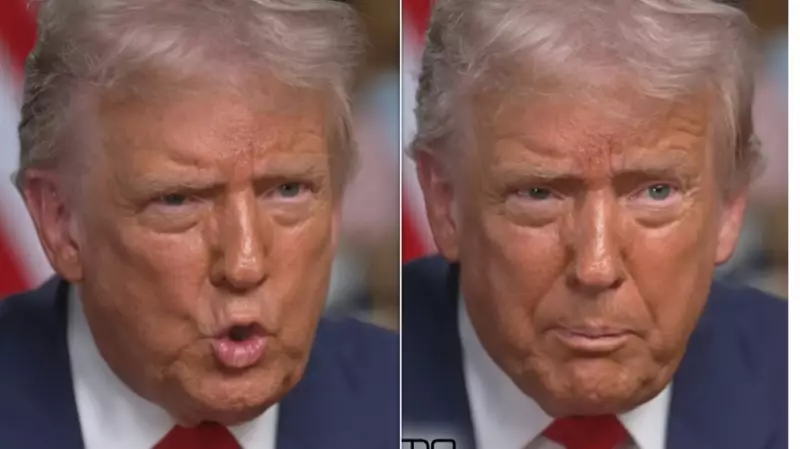
In a candid and wide-ranging interview with CBS's 60 Minutes, former President Donald Trump has laid out his ambitious blueprint for transforming America's healthcare landscape while addressing the looming threat of a government shutdown.
The Healthcare Revolution Trump Envisions
Trump revealed he's developing a comprehensive healthcare alternative that would completely replace the Affordable Care Act, commonly known as Obamacare. "We're going to have a much better health care at a much lower price," Trump confidently told interviewer Lesley Stahl, though he stopped short of providing specific policy details or a timeline for implementation.
The former president's comments come at a critical juncture for American healthcare, with millions still relying on the existing system he repeatedly vowed to dismantle during his presidency.
Government Shutdown: A Line Trump Won't Cross
Perhaps more immediately consequential were Trump's stark warnings about potential government shutdowns. When pressed about whether he would support shutting down the government to achieve political objectives, Trump delivered a surprisingly pragmatic response.
"I don't like the idea of shutdowns," he stated unequivocally. This marks a significant departure from his previous stance during the 2018-2019 government shutdown, which became the longest in American history at 35 days.
Political Strategy or Genuine Shift?
Political analysts are divided on whether Trump's comments represent:
- A genuine evolution in his governing philosophy
- A strategic positioning for potential future governance
- An attempt to broaden his appeal beyond his base
- A response to practical governing realities
The interview provides crucial insight into how Trump might approach key policy areas if he returns to power, particularly regarding one of America's most persistent political challenges: healthcare reform.
What This Means for Americans
For ordinary citizens, Trump's dual focus on healthcare transformation and government stability signals a potential shift toward more conventional governance approaches. However, the lack of specific healthcare policy details leaves many questions unanswered about how exactly his "much better" system would function or when it might materialize.
As the political landscape continues to evolve, these revelations from one of America's most influential political figures will undoubtedly shape healthcare debates and government funding discussions for months to come.





